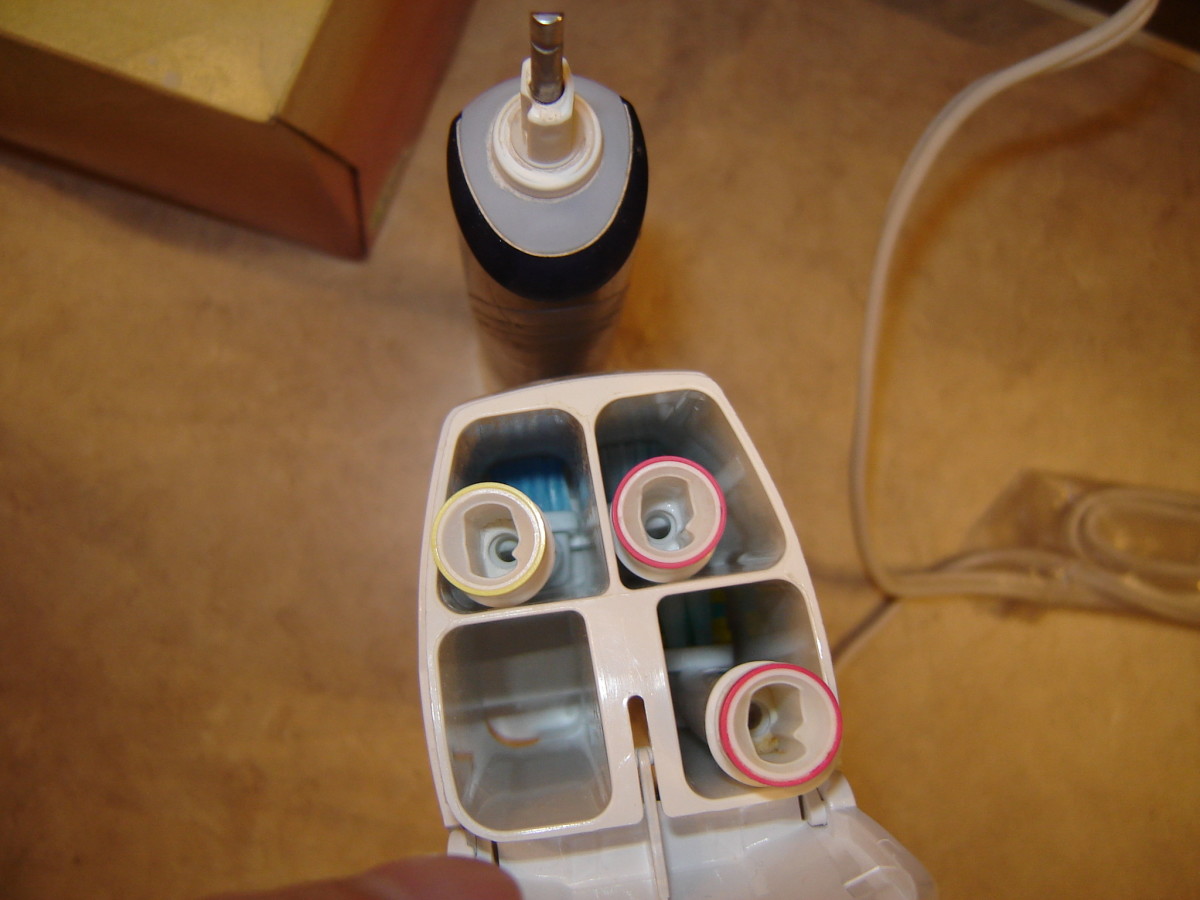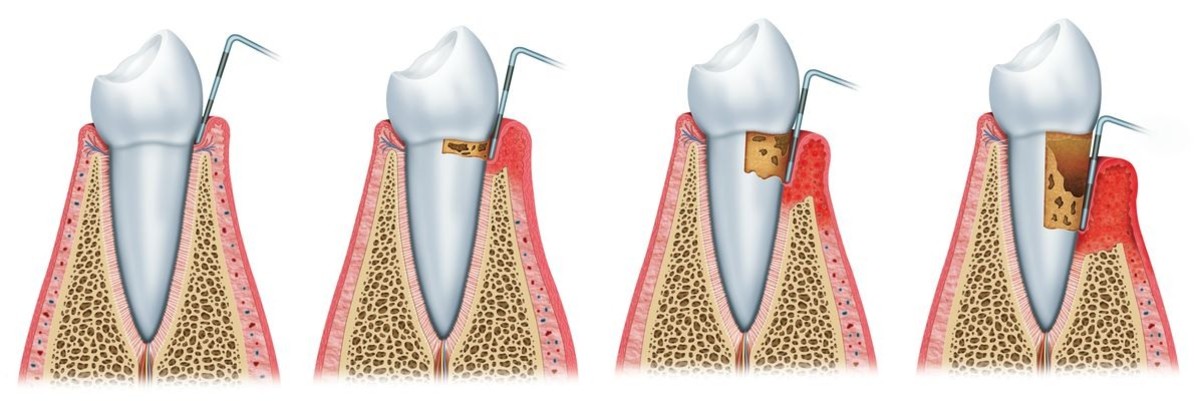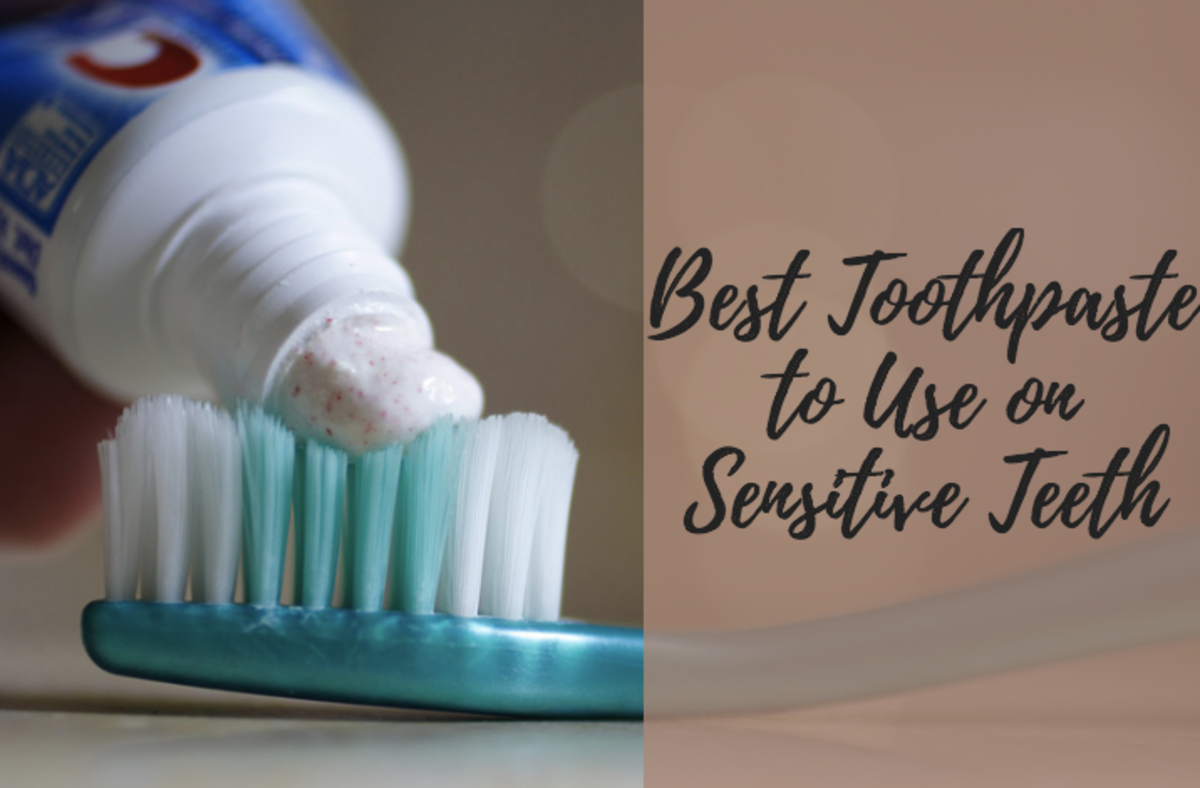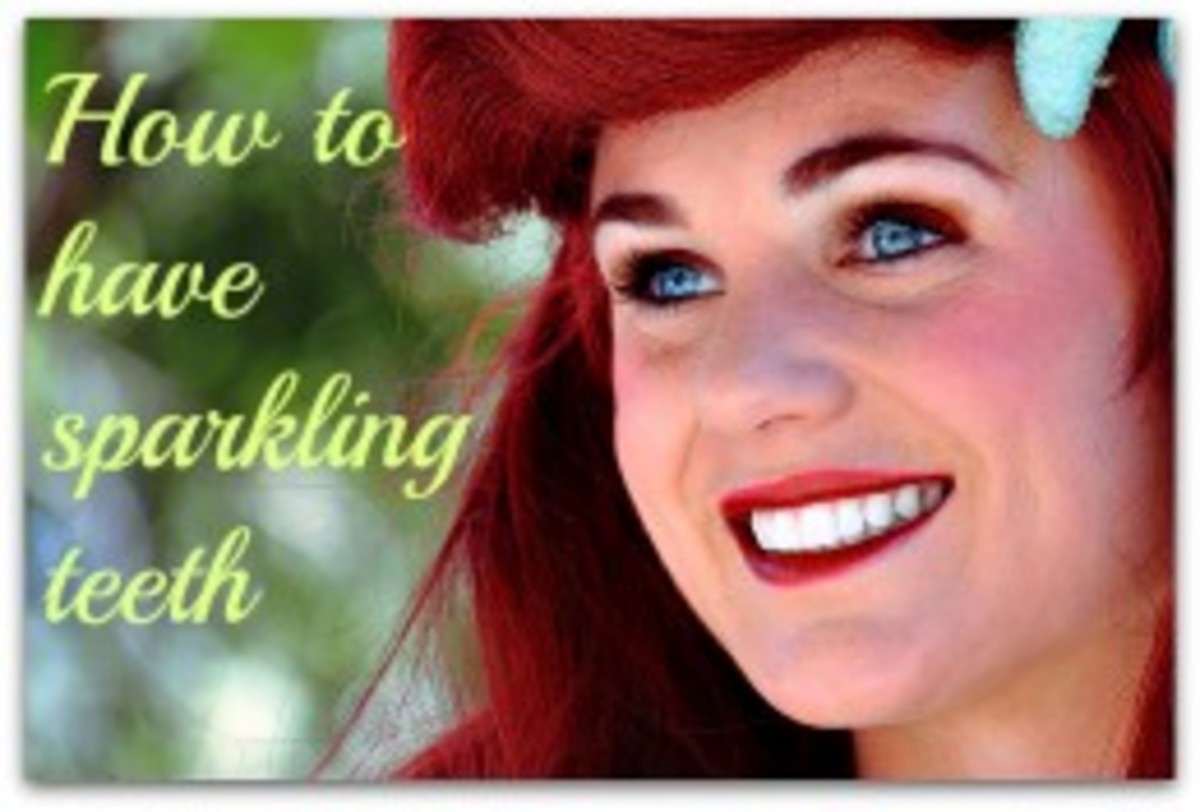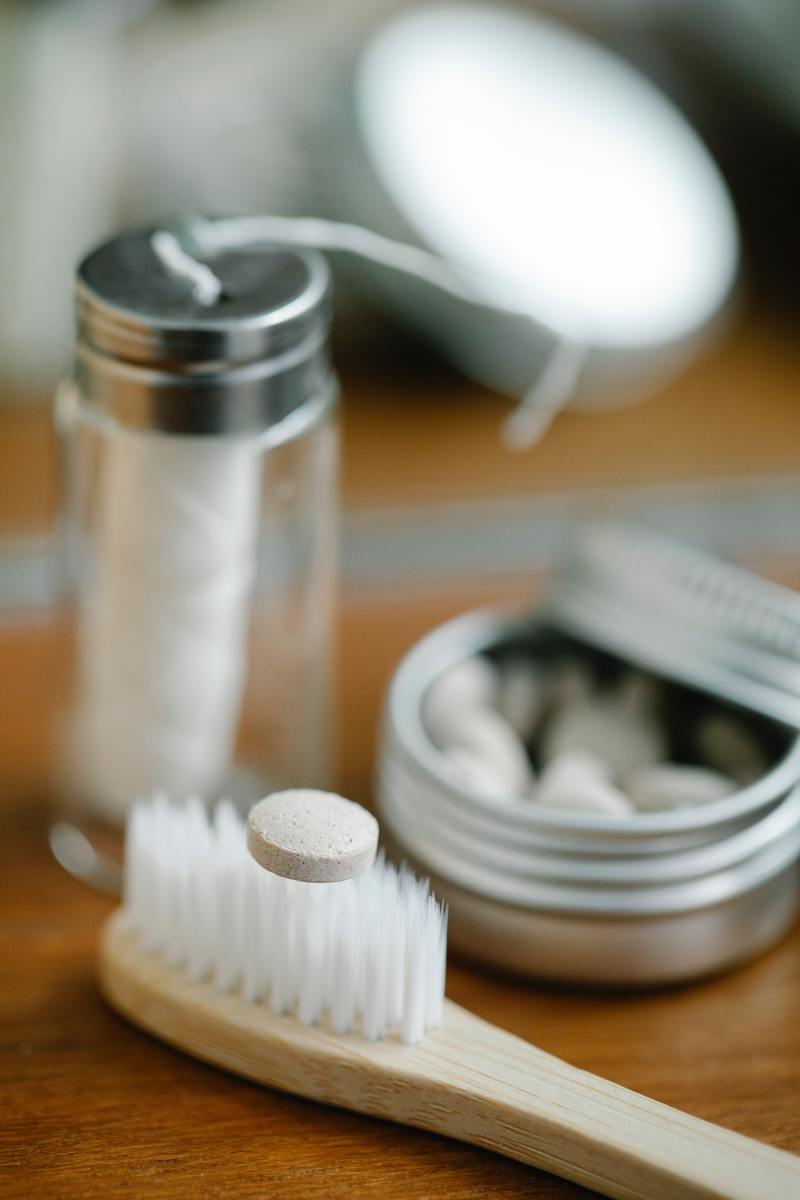5 Common (And Crazy) Myths About Dental Health and Teeth
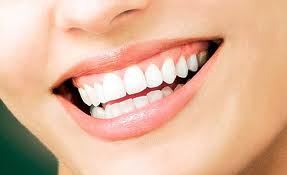
If you have ever sat in a dentists chair before they begin working on your mouth, as I'm sure most people have, multiple times in their life, you understand the anxiety and stress that it causes. Most of the time, the dentist or dental assistant will come in, clean your teeth, scrapping around for what seems like hours, and then make you rinse and spit, and your twice yearly torture session is over. But there is good news to those that despise the biannual dentist visit. Advances in modern medicine and dental hygiene have made it easier than ever to keep our teeth strong, healthy, and looking their best, with minimal stress. New techniques such as sedation dentistry, where the patient is actually sedated while dental work is preformed, make it so much easier for those with dental phobia to have routine work and cleaning done. But what about after the visit? The dentist will always remind you to brush and floss (most of the time, to floss more), but what else can you do to help your teeth? There is a lot of information out there, but what is real, and what are myths?
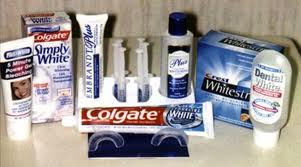
If I use bleaches to whiten my teeth, it will weaken them.
Everyone loves a nice, bright, white smile, and most people would do some pretty crazy things to get it, from applying special pastes and strips, to ultraviolet light treatments. The ever pursuit of the whitest smile though has caused people to believe that these products can, or will, damage your teeth. This hasn't stopped manufacturers from coming up with new products all the time to help make your smile as white as possible. So are these products good for our teeth, or will it weaken them?
The good news is that these products have been tested, and have been approved for use. They are safe to use. That is, provided you follow the directions. Bleaching products are designed to target the color of the tooth, and nothing else. This means that using these products wont hurt your teeth, but they wont make them stronger either. They just make your teeth whiter. IT does this by removing unwanted pigmentation from your teeth. The problem, and where this myth probably came from, is from using these products incorrectly, or too frequently, as teeth can begin to appear translucent. People see this, and then they begin to freak out, and think that their teeth are being weakened, when really all it is is a lack of pigmentation. Bleaching too often or using too much can actually cause some dental problems, but usually nothing more serious than some slight sensitivity, and possibly irritated gums.
Can you overbrush your teeth?
Dentists recommend brushing your teeth at least twice a day, and many say you should brush 3 times (after each meal). While this is fine and good, can brushing your teeth this often be bad for your teeth? It turns out, it can. Brushing your teeth too much, or brushing too hard, can actually damage your tooth enamel, and damage and irritate your gums.
You shouldn't brush your teeth if your gums are bleeding.
Most people believe that if your gums are bleeding, you shouldn't brush your teeth. The though behind this is that if your gums are bleeding, then you should let them heal. The problem with that is your gums wont heal unless you brush them. The reason is because plaque and food particles get trapped all along your gums, and irritates your gums. The only way to get your gums to stop bleeding is to brush the junk away from the gums that is irritating them.
Additionally, if you are an irregular flosser (like most), your gums might bleed from flossing. This is normal, and is a result of your gums not being used to the flossing. Additionally, brushing too hard, or flossing too roughly can actually cause your gums to bleed. This scenario is not good, and to prevent it, simply brush or floss a little more gently. Dentists recommend using a light pressure, and to angle your toothbrush at a 45 degree angle to your teeth. When flossing, use a gentle saw like motion, and follow the natural curve of your teeth. Over time, your mouth will become used to brushing and flossing, and the bleeding (and possible soreness) will go away. If it doesn't you could have a more serious dental problem, and you should make an appointment with your local Niceville dentist to have your mouth checked.
Not Brushing Leads to Bad Breath
Believe it or not, poor dental hygiene is only one of several factors that can contribute to bad breath. This means that odds are, its actually something other than brushing your teeth that is causing your breath to be rank. One of the biggest causes of bad breath is your diet. Diets that are high in garlic and onion will cause you bad breath irregardless if you brush or floss. Additionally, some illnesses, such as pneumonia, can cause you to have bad breath. Provided that you brush and floss regularly, and have regular dental check ups, bad breath shouldn't be an issue. If it is, check with your dentist, and they can help determine the cause of your bad breath, and solutions to fixing it.
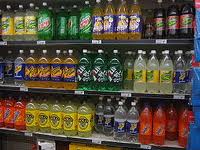
Sugar is Bad for Teeth
We have all heard the old saying, "If you eat that, your teeth will fall out!", especially around Halloween when all the candy is being given out. But does sugar actually have that big of an impact on your teeth? Actually, as it turns out, the amount of sugar you eat doesn't actually play a part in whether of not you have tooth decay. Bacteria is the culprit in this one. Your mouth is full of bacteria, and this bacteria feeds on the things that you put in your mouth, such as sugars and carbohydrates. The longer that these remain in your mouth, the longer the bacteria can feed, and a byproduct of their feeding is acid. This acid is actually what causes tooth decay. In layman's terms, its not how much you eat, its how long it stays in your mouth.
This means, for example, if you were to eat a pound of pure sugar, then brush your teeth, you would experience less tooth decay over a 24 hour period than if you ate a spoonful of sugar, and didn't brush your teeth. Common foods that are bad for teeth include hard candies that slowly dissolve and drinking sugary drinks throughout the day. The reason is because the candy or drink will stay in your mouth for a prolonged period of time, causing more decay. So brush your teeth after eating or drinking anything sweet, to prevent decay.
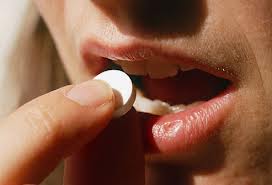
Putting an Aspirin Directly on my Tooth will relieve Tooth pain
Perhaps your grandma told you this one: "If your tooth's hurting, placing an aspirin on it will take the pain away". In all realty, this is actually the last thing you want to do to your teeth. Not only will it not work, but it will actually damage your teeth. There is a reason that aspirin is made to be swallowed, and that is because its the only safe and effective way for it to work in your body. Aspirin is absorbed by the body in your digestive tract, and then enters the bloodstream. Once in the bloodstream, it travels through the body, and then prohibits the production of what is known as prostaglandins. Prostaglandins are the molecules that tell the brain when a part of the body is in pain. Once the aspirin locates where the pain is (your tooth), it stops the body's production of prostaglandins, relieving the pain.
If that isn't enough proof, putting aspirin on your tooth can actually have the exact opposite effect than what you were intending, pain relief. Aspirin, while dissolving can actually create an acid, that can give you a chemical burn on your gums and lips. Now not only do you have a tooth ache, you are in more pain form a chemical burn.

